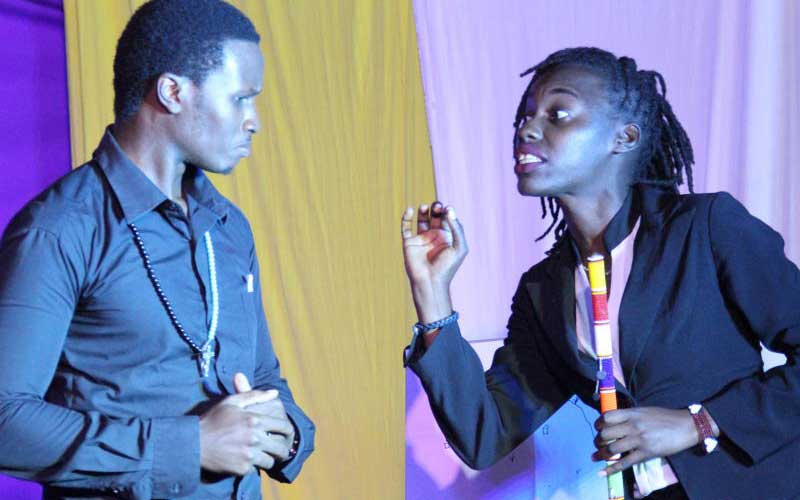
There was a time in this country when university students and staff used to fill the Kenya National Theatre with stage productions. These were the days when the likes of the late Francis Imbuga, Arthur Kemoli, Kisa Amateshe, Wasambo Were, Ngugi wa Thiong’o, the late John Ruganda, and David Mulwa were in their prime as theatre lecturers and practitioners.
However, when most of them were appointed to administrative positions within the campuses, they became less prolific and there were fewer theatrical productions. For others, age seems to have caught up with them and their stage productivity went down too.